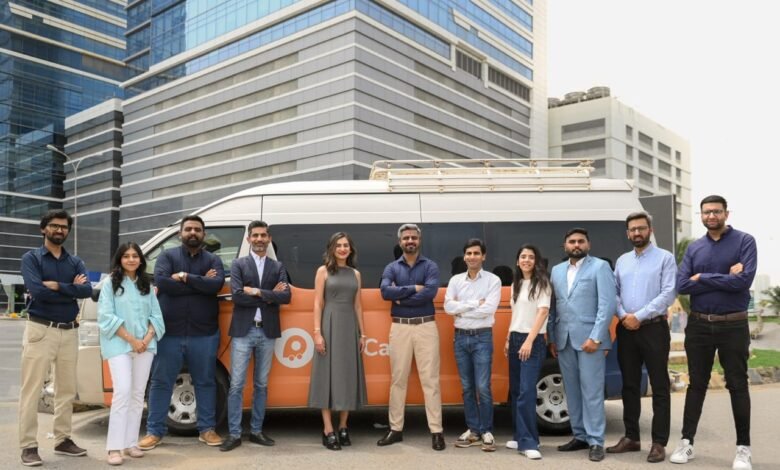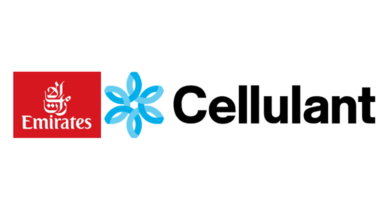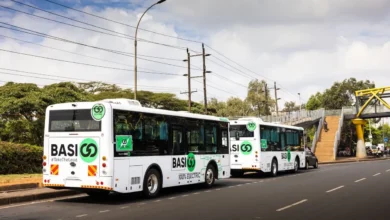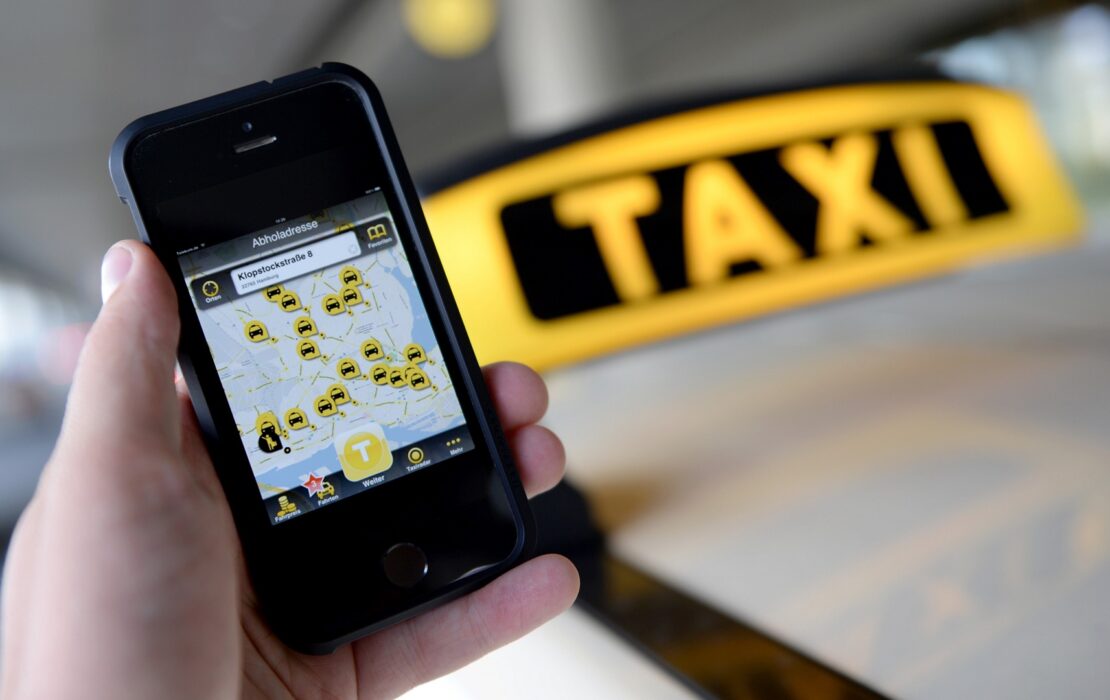
For millions of people in Pakistan’s largest cities, the daily commute is a mess of overcrowded buses, unsafe rickshaws, and ride-hailing services too expensive for regular use. A startup named Buscaro believes it has a more structured, tech-focused solution and has just raised $2 million to prove it can scale.
The new funding round was led by Daman Investments, with participation from Cartography Capital, Epic Angels, Wahed Ventures, and Accelerate Prosperity, bringing Buscaro’s total funding to $3.5 million. The company says it’s now handling over 900,000 bookings per month and is on track to hit $8.6 million in annualized revenue by the end of 2025.
Unlike consumer-facing ride-hailing apps, Buscaro focuses on a B2B model, partnering directly with companies, schools, and other institutions to provide dedicated transport for their employees and students. The service operates in Karachi, Lahore, Islamabad, and Rawalpindi, using a tech platform that provides live tracking for passengers (and parents), financial reporting for business clients, and operational oversight for administrators. The company claims this model is effective, retaining over 97 percent of its clients year over year.
The idea for Buscaro came after the global mobility player Swvl exited the Pakistani market, leaving a significant gap. “Students, parents, and employees needed a dependable way to travel every day, and no one was stepping up,” said founder and CEO Maha Shahzad. “We built Buscaro to be that solution – safe, affordable, and structured.”
Shahzad started the company from her living room with just a single bus. Today, it’s a major mass transit platform, growing its revenue from $2 million in 2023 to a reported $6.3 million today.
The company’s press release includes testimonials from users. “I use BusCaro’s service because their vehicles show up on time, rides are comfortable and I feel safe,” said Miss Iqra Shabbir, a commuter. A parent, Mr. Abdul Majid, noted the service’s reliability and the “sense of security” it provides for his two children’s school commute.
The funding arrives as Pakistan grapples with a transport sector plagued by outdated regulations and volatile fuel prices. Junaid Iqbal, an economist and the former founding managing director of Careem in Pakistan, described the situation bluntly: “Urban mobility is completely broken.” He noted that the dominance of two-wheelers for work travel is costing the country over $5 billion in fuel imports. “We need solutions for daily commute and BusCaro’s strategy to start by focusing on B2B use cases is on point,” Iqbal stated.
Investors see an opportunity to address a fundamental infrastructure challenge. “By making commuting safe, structured, and technology-driven, Maha and her team are improving lives every day,” said Ahmed Khizer Khan, CEO of lead investor Daman Investments.
With the new capital, Buscaro plans to expand into Pakistan’s underserved tier-2 cities, which are becoming new industrial and educational centers. The company also aims to partner with government bodies to integrate its technology into public transport networks, with international expansion also on the long-term roadmap.
“What started in my living room is now a nationwide movement,” Shahzad said. “And this funding will help us take it even further.”





